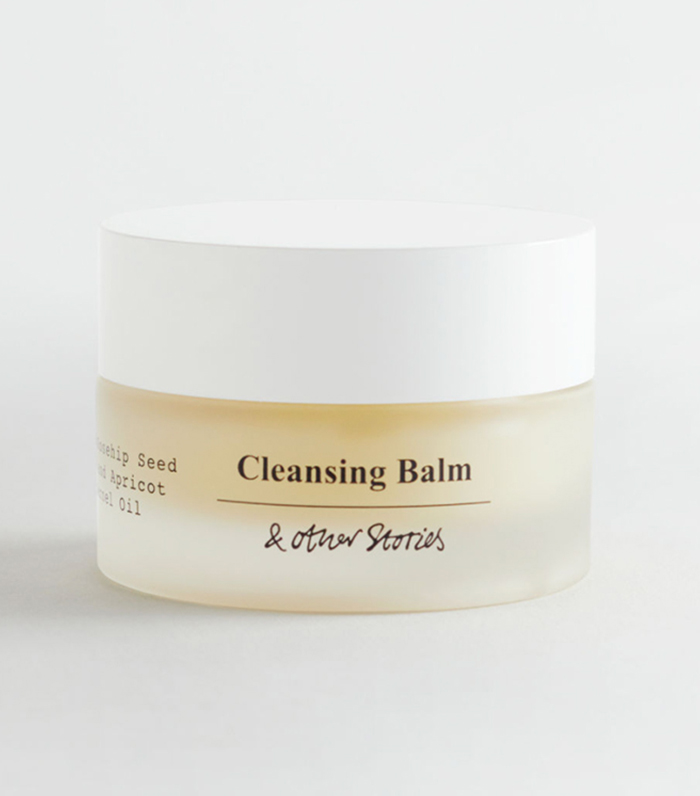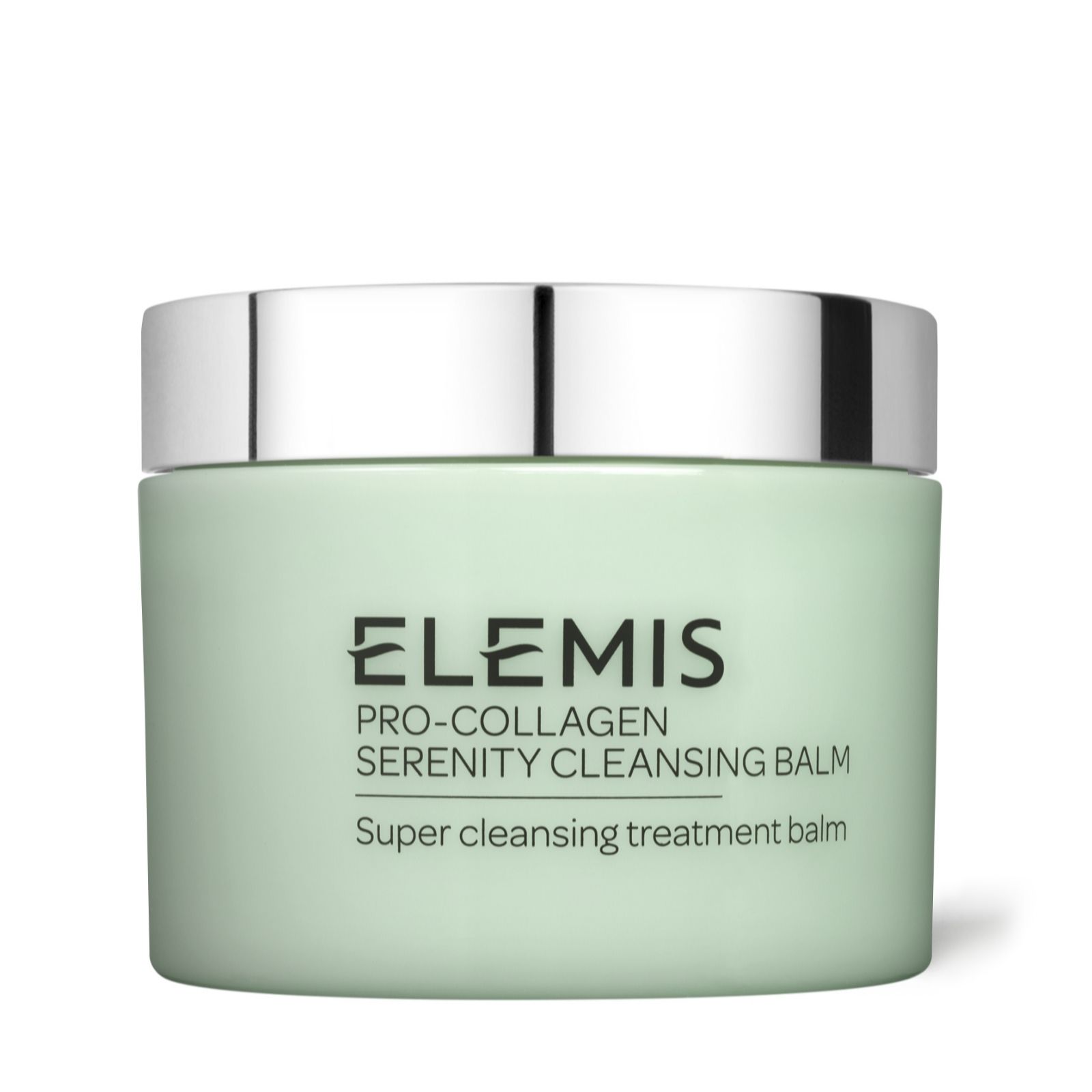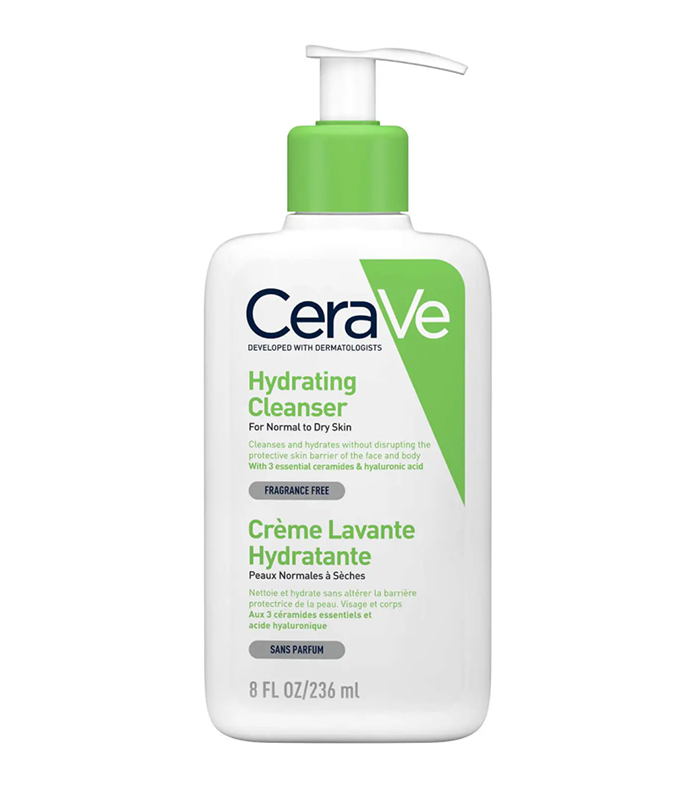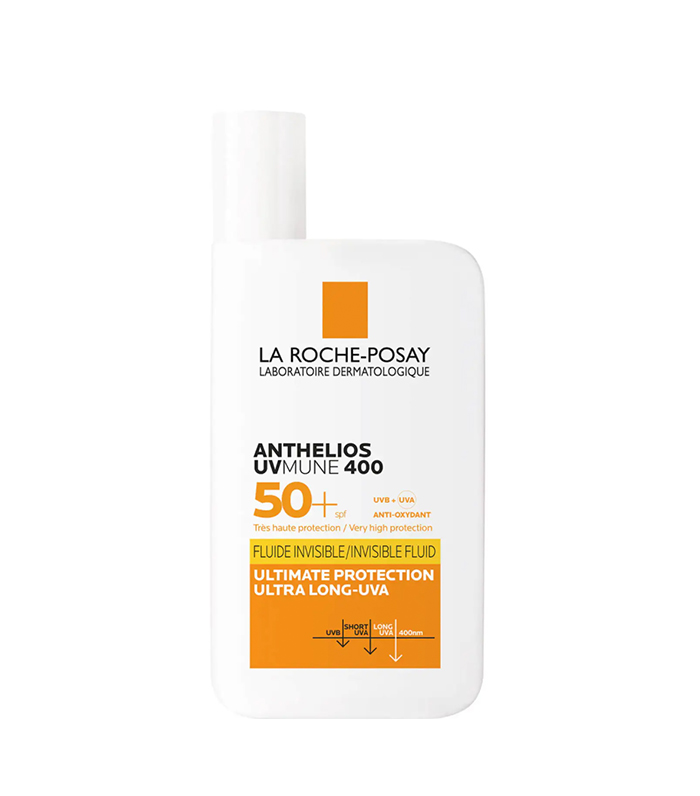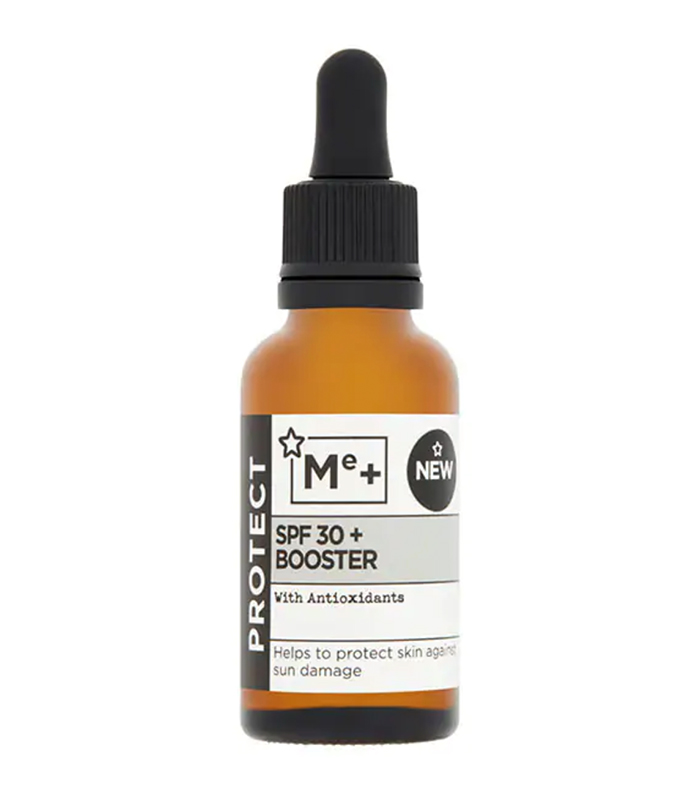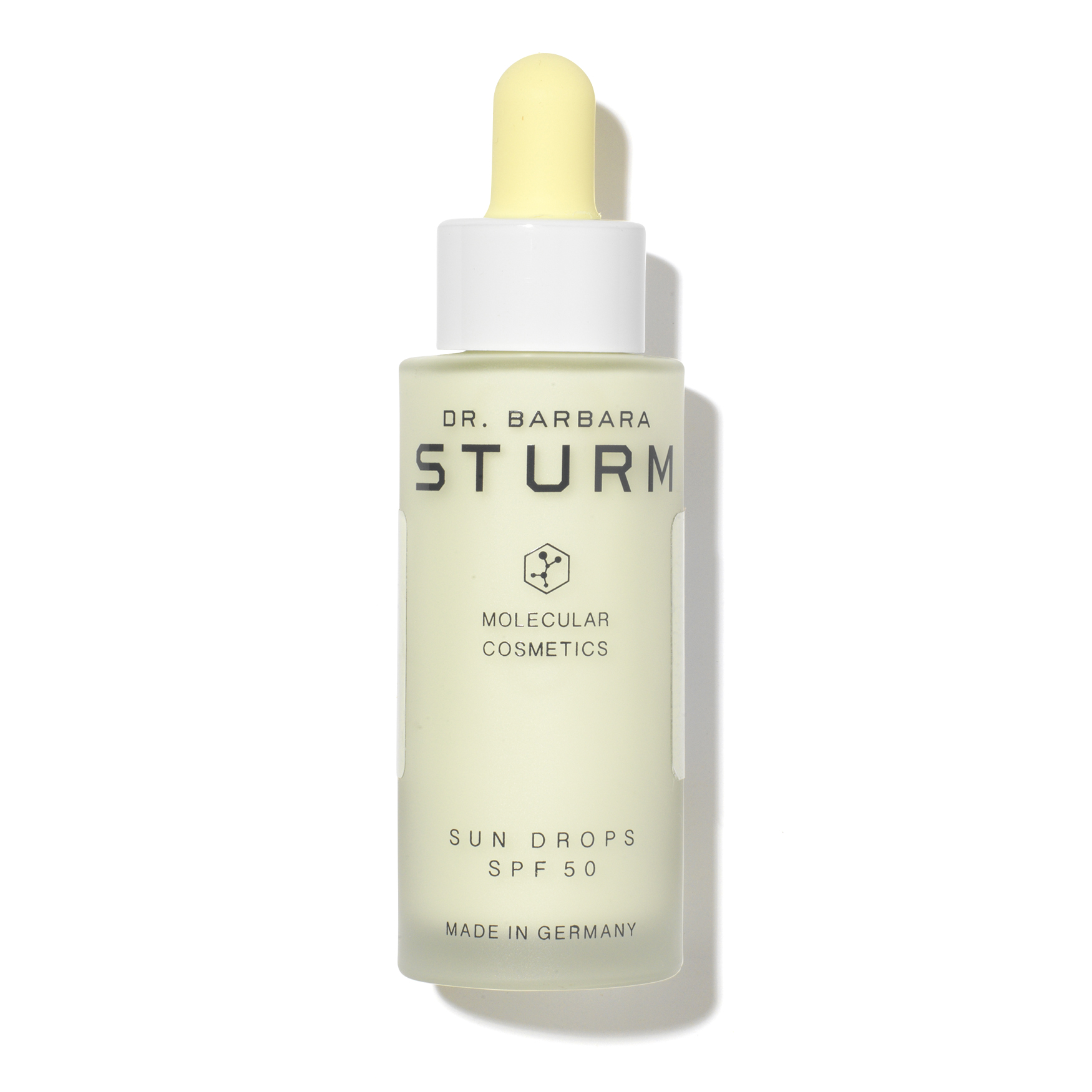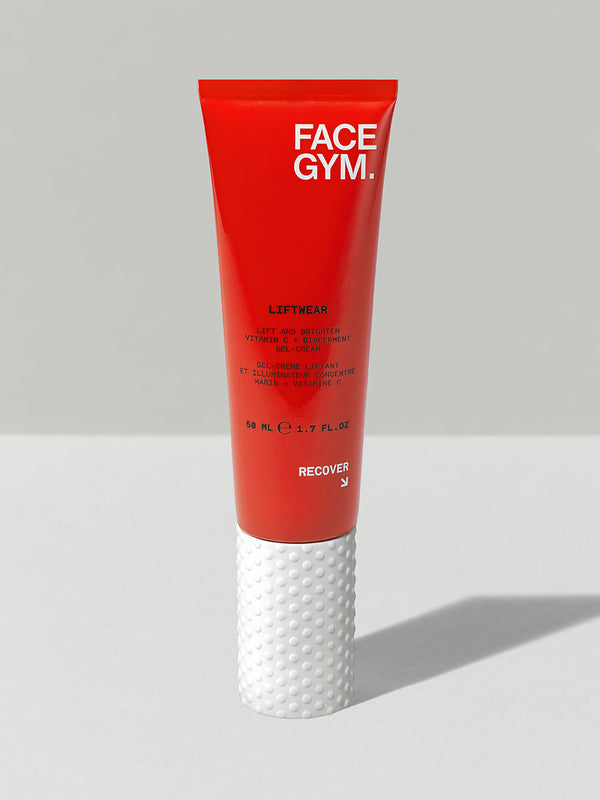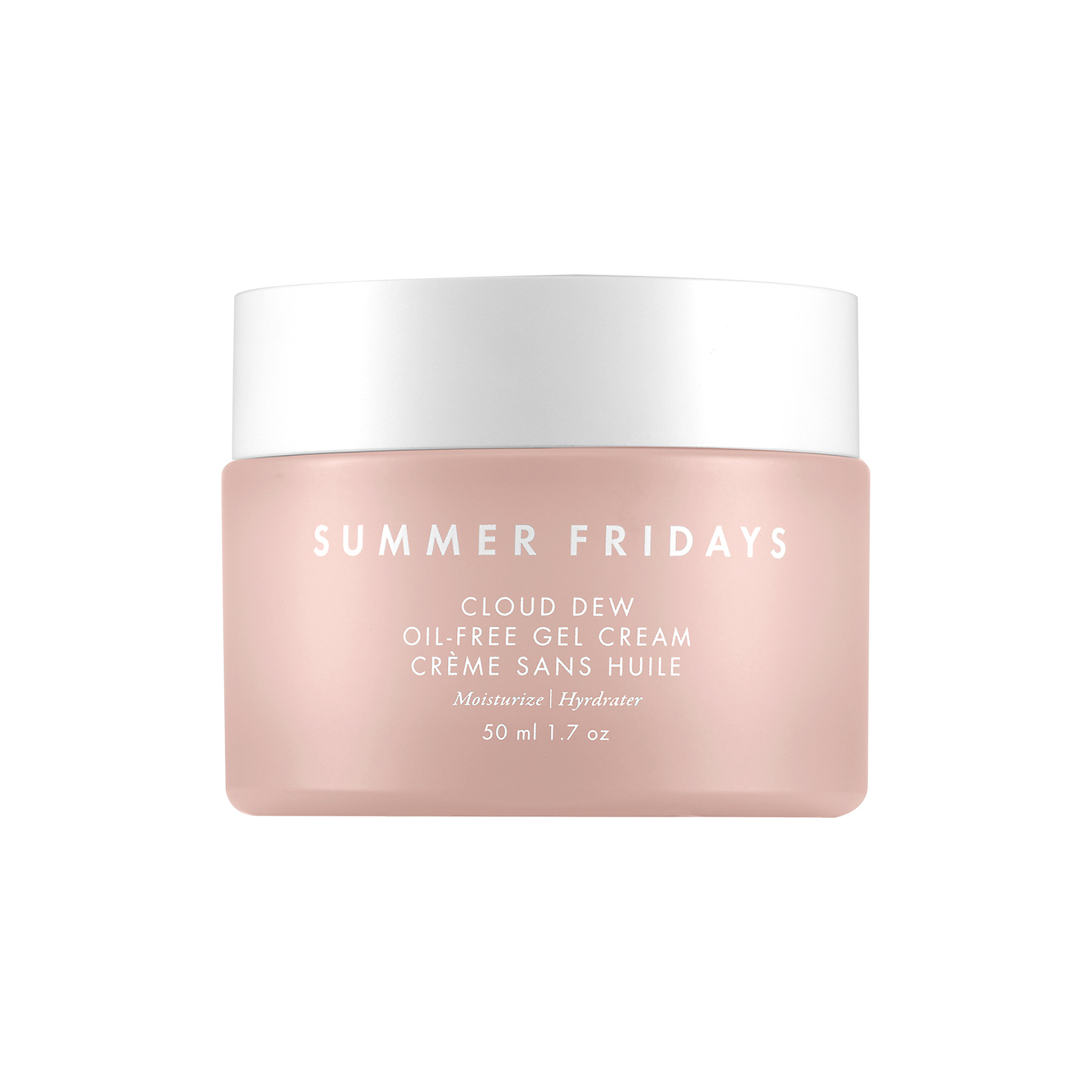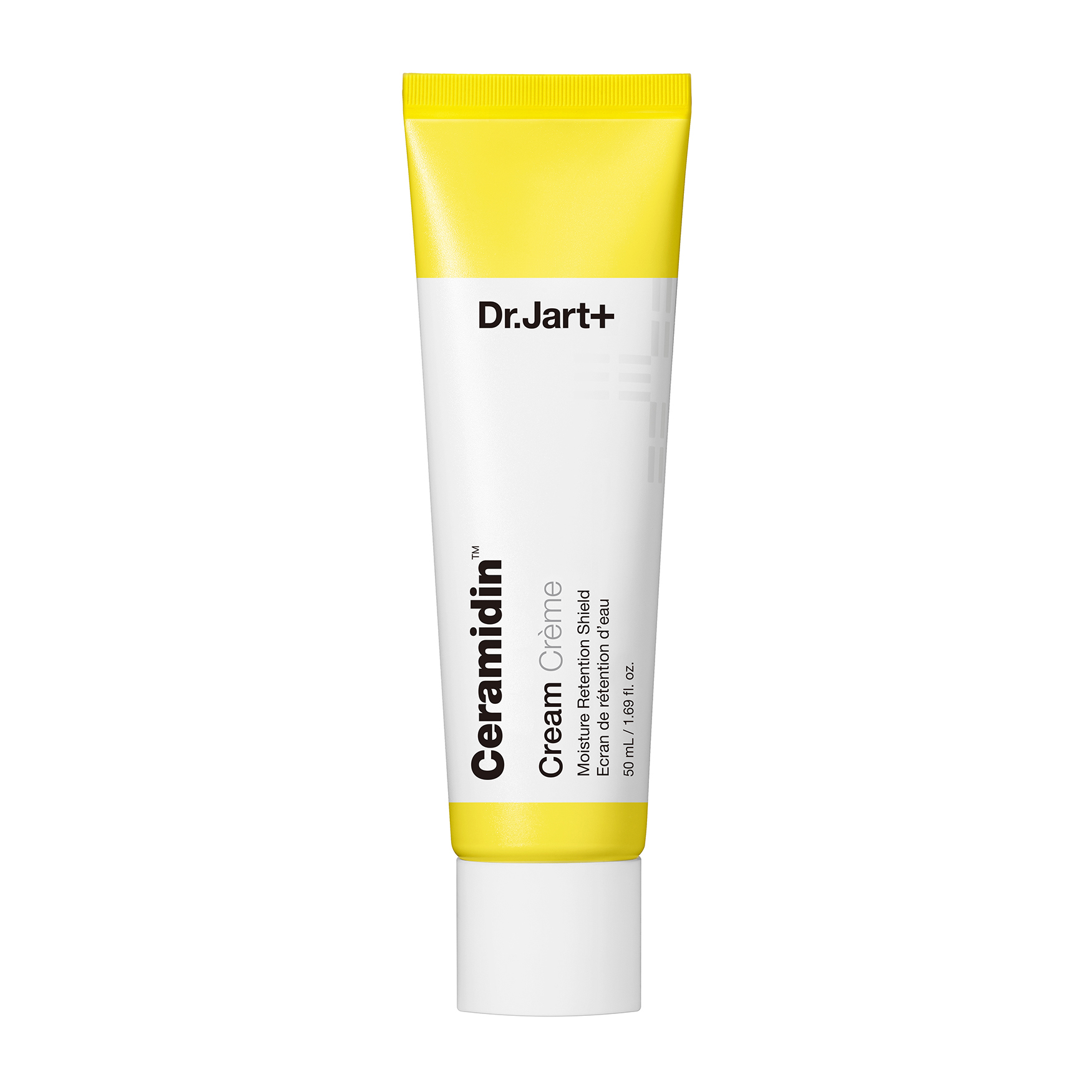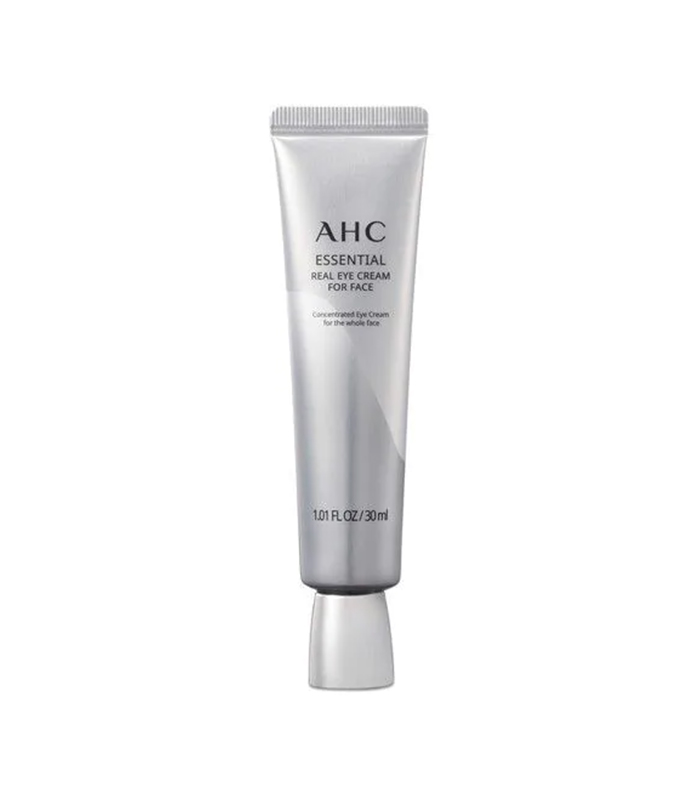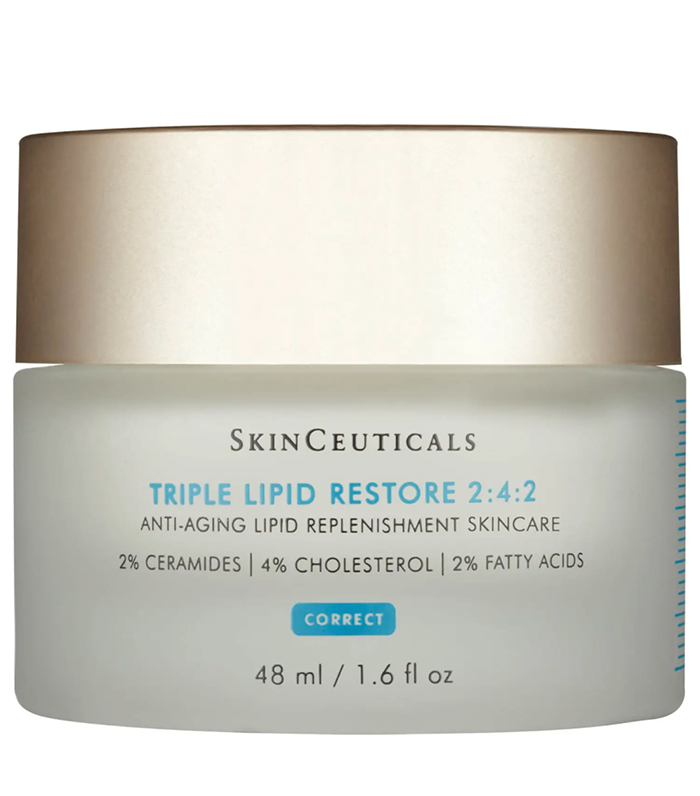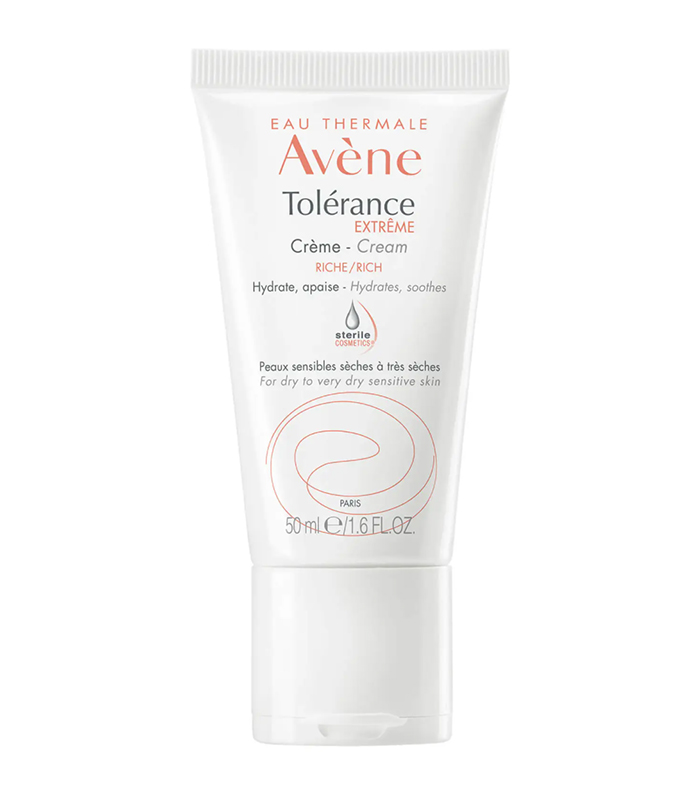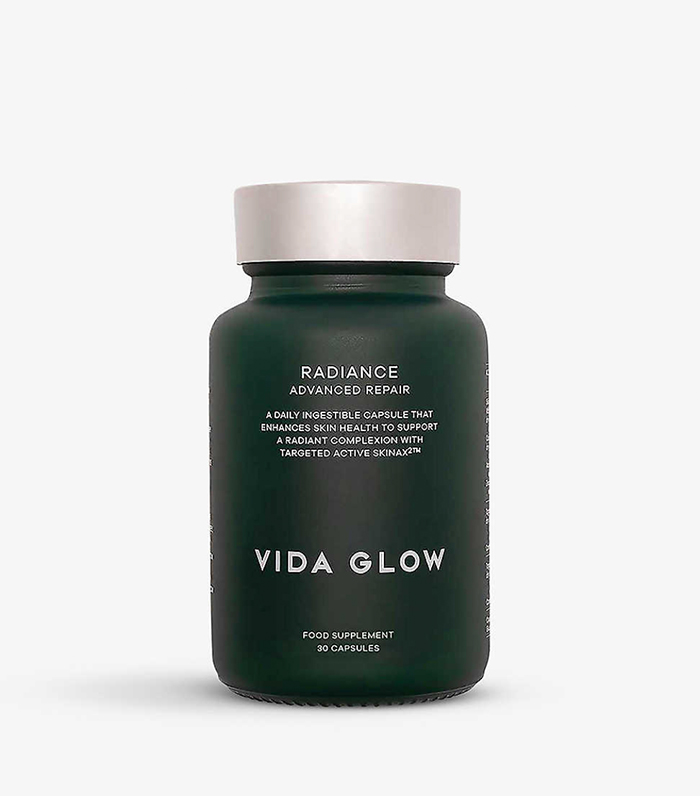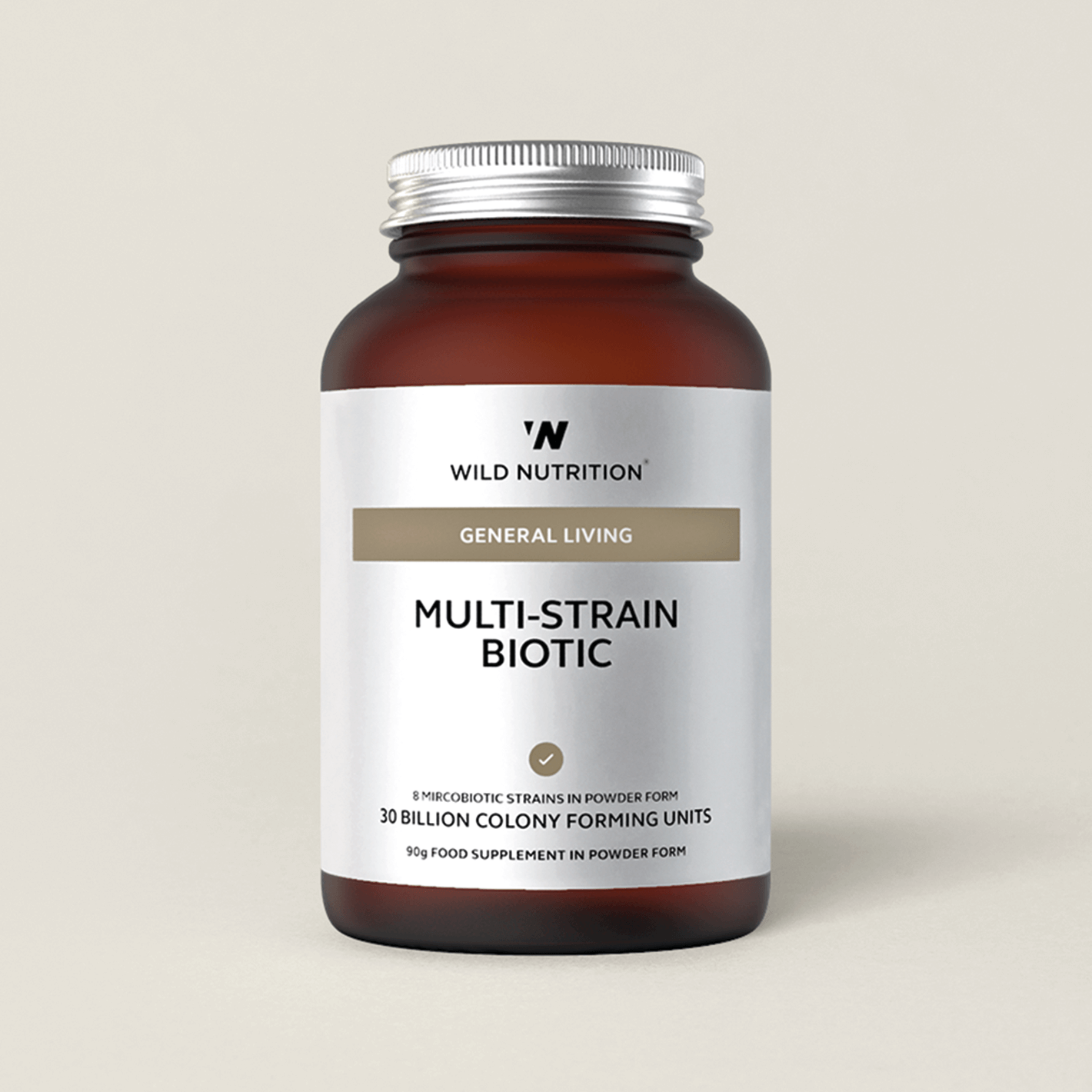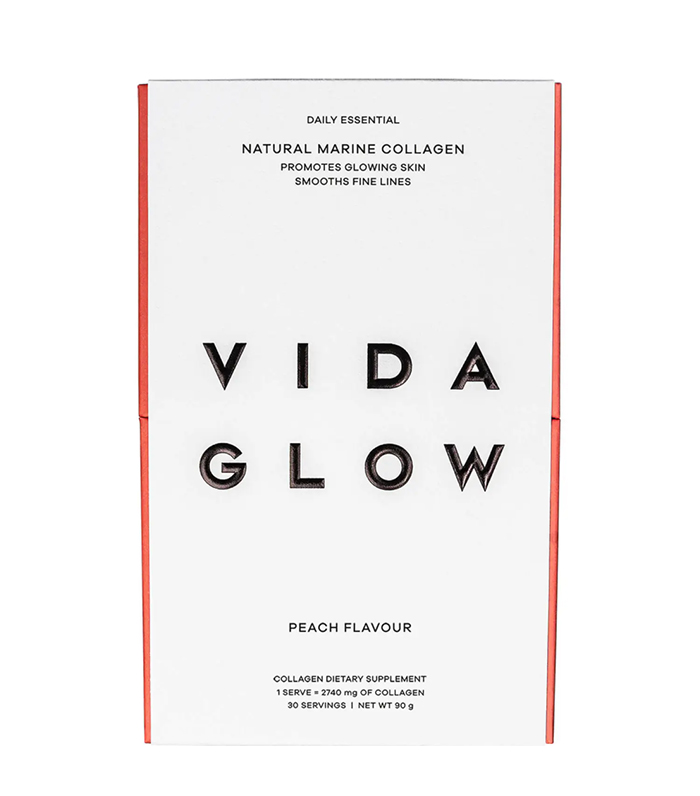Experts Always Argue Over This Skincare Advice, So We’re Settling It for Good

I think a very common misconception about we beauty editors is that we simply absorb information from brands and regurgitate it. What ever happened to good journalism? is a question I find raised on social media all too regularly. Often, people feel betrayed by beauty editors, especially when you’ve parted with your hard-earned cash to buy a skincare product that came highly recommended, only to be let down.
And I totally get it, particularly when it comes to skincare. You see, skincare is expensive business, and sadly, a lot of it really is down to specific concerns, skin type and personal choice. But I can assure you that no beauty editor out there takes skincare recommendations lightly. The skin, after all, is a crucially important organ and should be treated as such. And while we might not always be able to suggest a product that works for your skin from the get go, one thing I can promise is that our skincare advice is always grounded in evidence.

You see, we spend a huge chunk of our days speaking with qualified skin experts, whether that be consultant dermatologists, doctors who specialise in dermatology, or aestheticians. We absorb all of the information that they have to give, from acne and oiliness to eczema and dryness, collate it all, and turn it into digestible advice that will hopefully prove helpful to the masses.
But skin is a complex thing, and the brutal truth is, no one knows a whole lot about it. As with most things in in the scientific space, experts are constantly learning new things about the skin and the way it functions. Because there isn't a huge amount of cold-hard facts when it comes to skin, advice can be broad-ranging. While some experts are horrified by the fact some people don’t wear SPF every day, others don’t mind so much. Likewise, some dermatologists might say there’s no need to cleanse in the morning, while others swear a morning cleanse is essential for healthy skin.
To put the arguments to rest once and for all (or until more evidence comes to light, at least), I reached out to some of the biggest names in skincare to reveal everything there is to know on the most polarising skincare advice around. So, if you’re often left confused by the conflicting answers to skincare’s most pressing questions, keep scrolling.
1. Should You Use a Wash-Off Cleanser in The Morning?
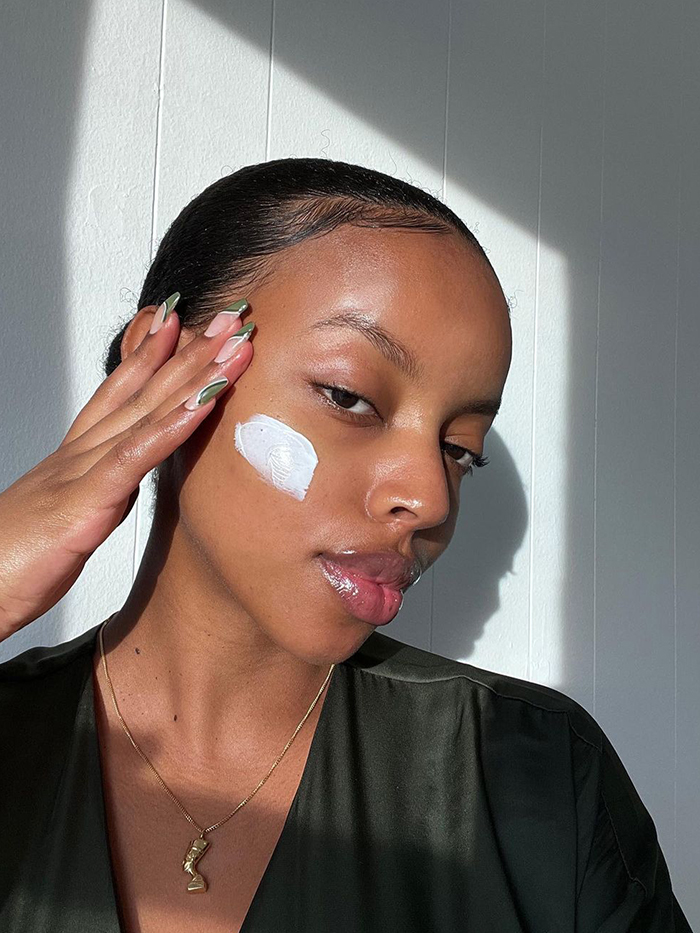
We should all know by now that cleansing your face with a wash-off cleanser in the evening is imperative if you want to reduce the risk of breakouts. Things like makeup, sebum and dirt can accumulate on the skin’s surface and causes nasty breakouts if it isn’t removed—experts can agree on that. One thing that isn’t quite so black and white, however, is whether or not skin should also be cleansed in the morning.
Aesthetic skin specialist, Mariam Abbas, insists that facial cleansing in the morning is of utmost importance. "Absolutely everyone should cleanse their face in the morning and the cleanser is best removed with a damp mitt. Our skin is hard at work while we sleep; it produces natural oils, sweat and dead skin cells,” she reveals. And Abbas is far from alone with this mindset, in fact, Dr Alexis Granite, CeraVe Dermatologist, is in firm agreement. She says that cleansing in the morning "provides a fresh canvas on which to layer your skincare products, optimising their efficacy and absorption”.
However, many experts contest this and say that cleansing products might not be that important at all in the morning, providing you don’t have major skin concerns. "If you do not apply overnight leave-on products and you have no skin issues, then a cleanse with water in the morning is sufficient. If, however, you have oily skin or have applied overnight actives, then a wash-off cleanser with help lift off residue,” advises Dr Zainab Laftah, Consultant Dermatologist for La Roche-Posay.
Mostly, experts recommend whether or not you want to do a morning cleanse should be totally dependent on your skin type. "I recommend cleansing twice daily, particularly for those with oily and breakout-prone skin. However, your morning cleanse should be gentle. If you have very dry skin that is prone to redness, dry patches or eczema, a once-daily cleanse is enough,” says Dr Malvina Cunningham, Consultant Dermatologist at Skin+Me. If you think a morning cleanse is necessary for your skin, it is best to use a cream or balm cleanser to minimise dryness and irritation.
Shop Morning Cleansers:
2. Do You Need to Apply SPF Every Single Day?

You’ll struggle to find an expert that advises against daily application of SPF. Often, you might see the odd suggestion on social media (typically not from anyone qualified) that SPF application negatively impacts vitamin D levels, but there isn’t really any scientific evidence to show this to be true in everyday practice.
The conflict amongst experts tends to be around just how important SPF application is if you’re not leaving the house. "If you care about minimising your exposure to UV for preventing skin ageing and pigmentation, then wear SPF inside. If you are not bothered by those issues, you probably don’t need to be so strict,” reveals Dr Beibei Du-Harper, Dermatologist at Avène. This is because although ageing UVA rays can penetrate glass, skin-burning UVB rays (the sort associated with tanning and skin cancer) cannot.
So, the answer is, if you’re leaving the house, SPF is of vital importance to skin health. If skin ageing and pigmentation are major concerns for you, SPF should also be applied when you’re at home when there is daylight. "You don’t lose anything by applying your SPF every day, even if you’re at home, but it’s not an absolute must,” says Dr Ewoma Ukeleghe, cosmetic and medical doctor and Superdrug Skincare Ambassador.
Shop Daily SPFs:
3. Should People with Oily Skin Use Face Oils?
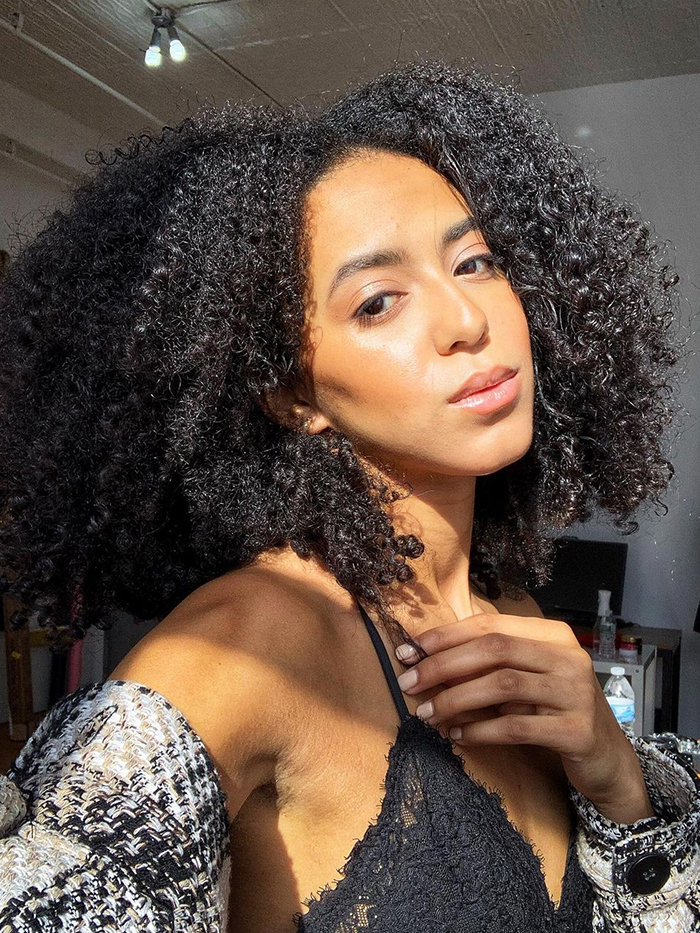
As someone with oily, acneic skin, I speak for all oily-skinned people when I say that face oils are just not a vibe. Every time I touch my face with a face oil, I’m guaranteed breakouts. And it’s for this reason that I’m often left confused when people on social media tell me that ‘oil fights oil’. My experience tells me that applying face oils to my oily skin is a bad idea, but I often see experts recommending products with oils.
"Sometimes it’s OK. If your skin is simply oily, a non-comedogenic face oil can be a great option. However, if your oily skin is acne-prone, excessive oil use is likely to trigger breakouts,” reveals Dr Ukeleghe. With that being said, finding a truly non-comedogenic face oil can be easier said than done.
As a general rule, most experts recommend avoiding face oils altogether if your skin is prone to breakouts. "There are plenty of other lipid-replenishing products on the market,” says Abbas.
While face oils can be enjoyable to use, their effects on problem skin don’t come massively supported by experts. "While there are certain oils that are less of a culprit for exacerbating breakout-prone skin, I much prefer to recommend using a moisturiser with hydrating ingredients such as glycerin and hyaluronic acid. This will keep oily skin hydrated and well balanced,” says Dr Cunningham.
Shop Moisturisers for Oily Skin:
4. Do You Really Need to Use a Separate Eye Cream?
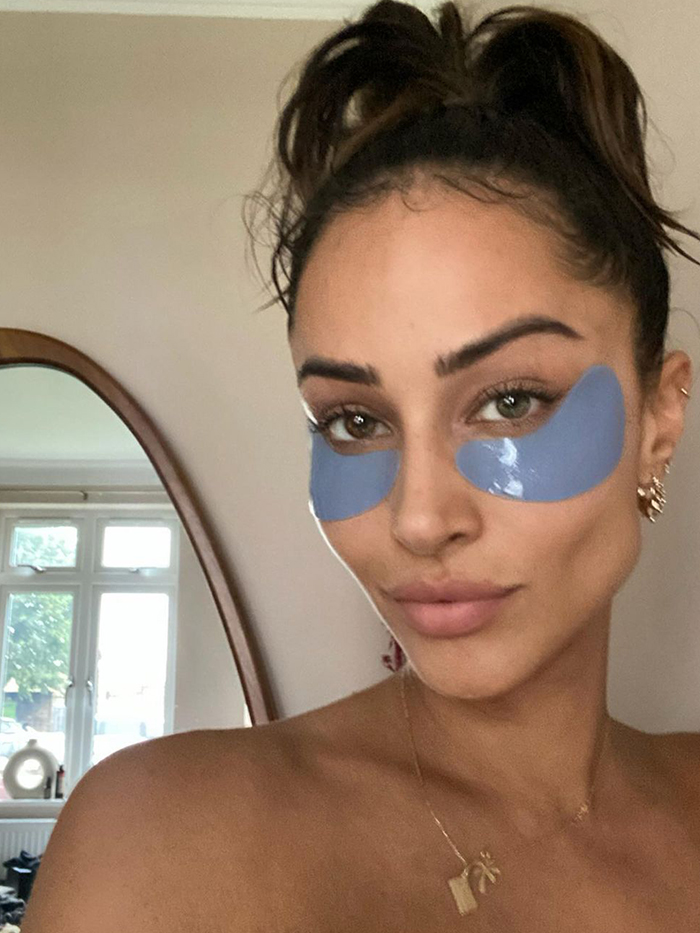
This question has divided experts for decades. Eye creams can be expensive, and they mostly contain all of the same ingredients found in other skincare products. However, eye creams are often recommended due to the difference in nature of the skin around the eyes, which is much more delicate. "In a lot of face products the concentration of actives is too high to apply around the eye and can actually cause damage. If you are tackling a specific problem, you might need active ingredients at lower concentrations for the eye area, and therefore would require a specific eye cream,” explains Dr Ahmed El Muntasar, NHS doctor and cosmetics doctor.
However, if you are not using facial products with strong actives (such as retinol, acids or highly potent vitamin C), you’re fine to use those around your eye. "Eye creams are more of a want than a need, in my opinion. Some skin types can tolerate controlled use of weak retinol and vitamin C serums around the eyes; it all depends on the strength of the actives in your usual routine,” says Dr Mansouri.
Shop Face Creams Suitable for Undereyes:
5. Can Taking Supplements Really Help Problem Skin?

In recent years, more and more evidence has begun mounting that suggests our gut health can also impact the appearance of our skin. As a result, we have seen a staggering amount of skin-related supplements hit the market. The issue with new studies coming to light, is that they also divide experts. Mostly, experts agree that any skin issue that arises as a result of a nutrient-deficit in your diet can likely be helped via supplements. "Certain nutrients, such as zinc and silica, in hair, nail and skin supplements can help because they give you the nutrients that you might be lacking in your diet,” explains Dr El Muntasar.
When it comes to skin-related supplements, such as collagen drinks, the verdict is still out. "Not all collagen supplements are created equal,” says Dr Ukeleghe. "It’s important to make sure that the collagen is hydrolysed and, as a bonus, it may come with additional vitamins to support absorption. It is important to address some skin concerns from the inside out,” she adds.
But the topic is still considered controversial. With many collagen drinks, as Dr Ukeleghe mentions, not possessing the ability to be absorbed into the stomach (Dr El Muntasar comments that you’re essentially paying for a "very expensive poo”), even when the collagen is absorbed, some experts ponder what this actually means for the skin. "There is some data showing that collagen peptides are absorbed into the bloodstream after ingestion, but it’s not clear how these peptides then act in the skin. Clinical studies are generally small and industry-related,” says Dr Du-Harpur.
General consensus is, supplements that target nutrient deficits are a yes, and collagen supplements should be selected carefully, and only if you can afford them. "I have seen mild to moderate improvements in general skin health with newer technologies that stimulate your own internal collagen production. However, if it’s a case of having to prioritise your effort and budget, I would favour other modalities such as skincare,” says Dr Mansouri.
Shop Supplements:
Next up, this is what the perfect skincare routine looks like, and it's really simple.

Shannon Lawlor is the beauty director at Who What Wear UK. With over a decade of experience working for some of the beauty industry’s most esteemed titles, including Marie Claire, Glamour UK, Stylist and Refinery29, Shannon’s aim is to make the conversation around beauty as open, relatable and honest as possible. As a self-confessed lazy girl, Shannon has an affinity for hard-working perfumes, fool-proof makeup products and does-it-all skincare.
